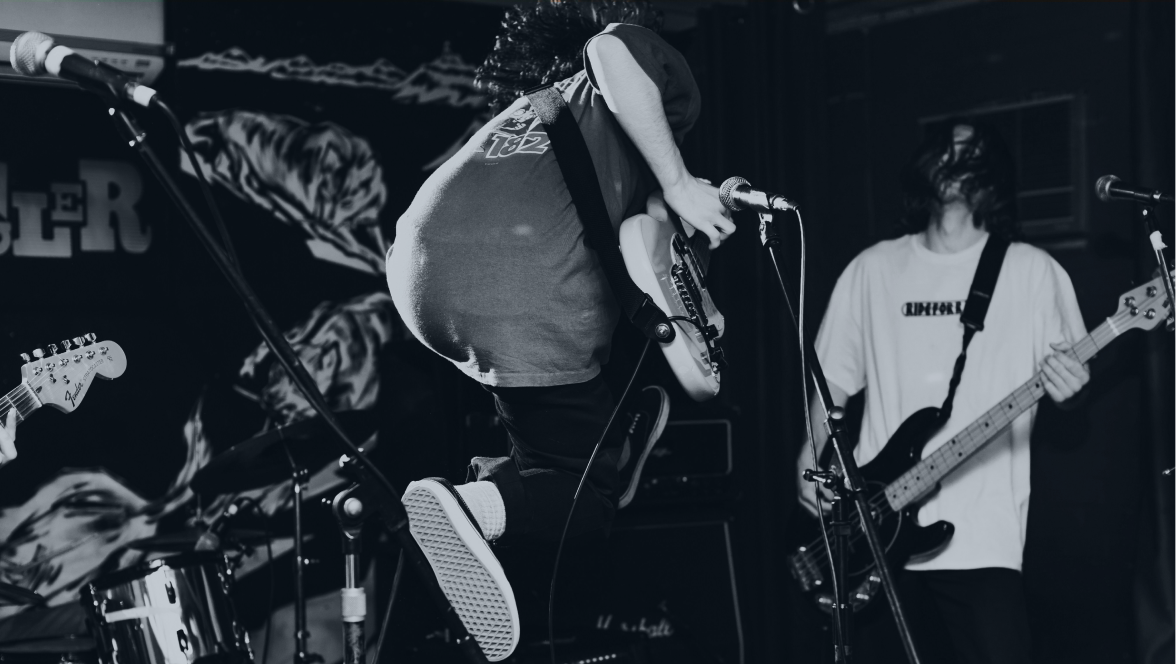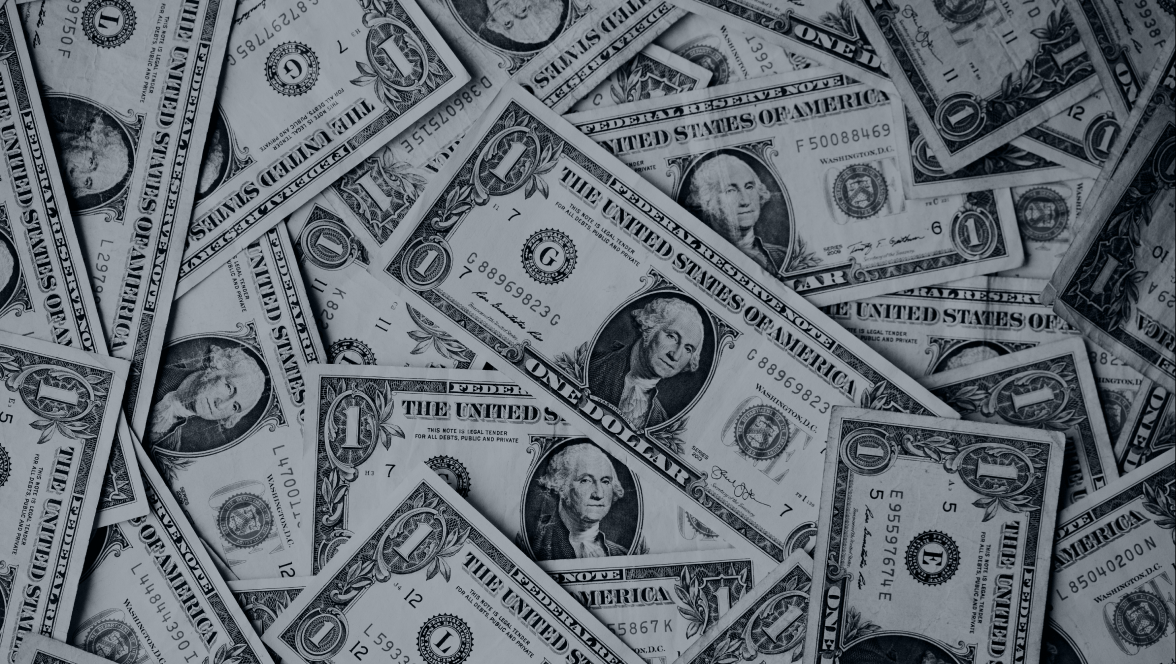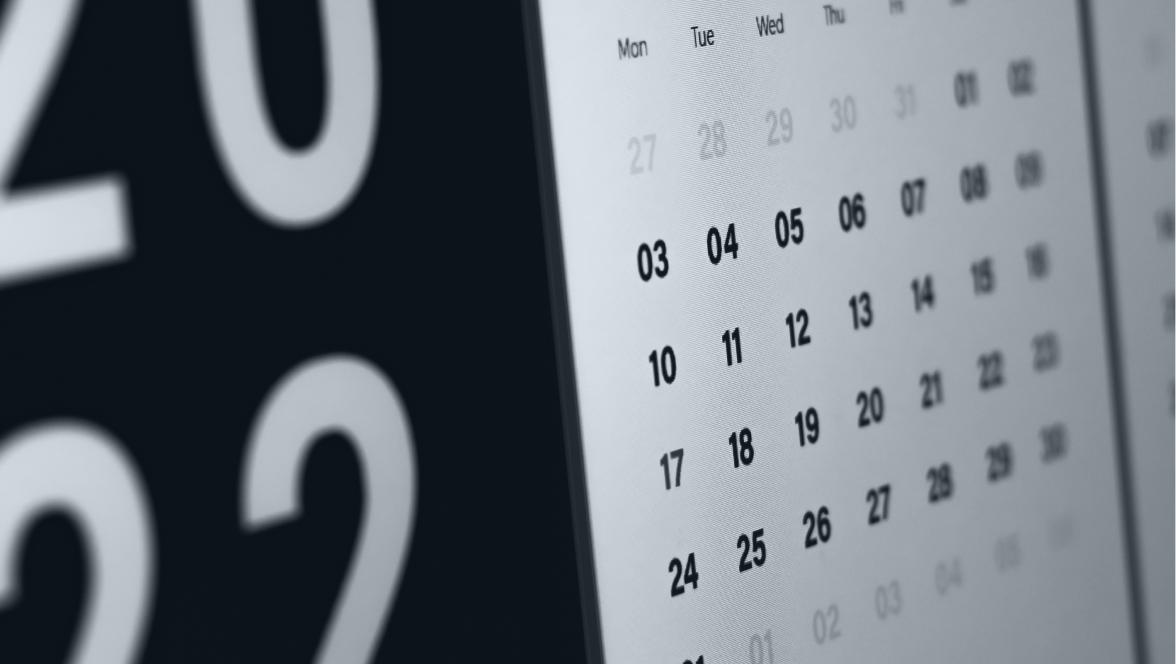
How to book gigs as a musician

If you've been releasing music for a while, it probably feels comfortable. You know what you're doing and you're doing it well.
But booking gigs? That feels like a terrifying mystery.
Playing a live gig is one of the best ways to promote your music. There is nothing like a great performer, a great crowd and a great venue. Whether your're dreaming of playing at your local pub or at Glastonbury, you’ll need to know how to book gigs, how to feel confident playing gigs, and how to maximise the impact of gigging.
If you're feeling daunted at the prospect of dipping your toes into something new - you're not alone. Mastering gigging doesn't just happen overnight. The ‘10,000 hour rule’ is a study that suggested it takes 10,000 hours to become an expert at your craft. The same applies for musicians: every performance, no matter how small, is a stepping stone towards building experience, confidence when performing and gaining a bigger fanbase.
To help you get started, we've put together some tips to help you book, promote and feel confident playing your first ever gig!
How to book a gig
Create an EPK
So you have published your music to streaming platforms, built a consistent social media following and created a unique brand for your music. And now you have the scary task of booking gigs. An EPK or Electronic Press Kit will help you do just that.
What is an EPK?
Think about an EPK as your musical CV. It's a summary of your music career, who you are as an artist, and why you're a great choice to play a live gig. An EPK usually includes assets like artist bios, your logo, high-quality photos, your music, videos, press/reviews, upcoming gigs, tech requirements and riders, achievements and contact information. It basically combines your artist background, achievements and media into an online link.
Do you need an EPK to book gigs?
By sending this one document to venues, promoters and industry professionals, it enhances your credibility and showcases all of your work in one place while showcasing your brand and opening future opportunities.
It also acts as a self-reflecting experience with how you want your brand to look like, and highlights your achievements and wins to align with your artist goals.
Your EPK should always be up-to-date, polished and visually looks like your brand. This is often the first impression of you and your music to professionals, promoters and venues. You never know whose hands it might end up in. A strong, well-presented EPK can open doors to gigs and other opportunities. So sell yourself and make it stand out!
How to create an EPK
If you've already got a website for your music, you can either use your website as an EPK itself, or create a new page that gathers all your EPK content into one place.
If you haven't already got a website (pro tip: you should definitely have one!), there are online platforms where you can build a simple EPK. Bandzoogle or EPK Builder both allow you to create a single page (hosted on their website) that gathers all your relevant details, so you can send a link to venues, promoters, etc. to book gigs.
One of the most important parts of your EPK is your bio. This is your opportunity to show your passion, your creativity, and why you'd be a great choice to play a live gig at someone's venue. In your bio, introduce your artist name and genre, describe your sound and influences, mention where you’re based, highlight what makes you unique, share your releases, and touch on your journey into music. It might be easier to write this in third person, but make sure it is exciting and engaging - keep it short and sweet.
Network & Get Involved In Your Community
Building connections and networking are super important for growing your audience in the creative industry! It's really true that "it's not just what you know, but who you know" in this field. While honing your craft is essential, making meaningful connections is also key for promoting and marketing your music and getting that next gig.
Why networking matters
Networking and building relationships is key to building a fanbase and engaging with supporters of your music. You never know, you might meet a future collaborator or find yourself being asked to support a band you met at a networking event years ago. Knowing people opens doors!
Focus on community
Sending your EPK to venues or promoters out of the blue works - but not all the time. If you're serious about building a long-term music career, focus on building long-term relationships with venues and promoters to secure more gigs and bookings down the lines. Cold emailing might get your foot in the door, but it's building deeper relationships that will have a bigger impact on your future career.
Attending local music events is one of the best ways to build connections in your local music scene. When you show up for other musicians' shows, they really appreciate the support, and there's a super good chance they'll return the favour and come to yours. It's a win-win!
It can feel a little intimidating to approach someone new at a gig, but remember, they're probably feeling just as nervous as you are! Plus, you'll almost certainly have one big thing to chat about: music!
Don’t be afraid to share links and information about your music to other musicians, promoters and venues. This is your chance to gain more streams, saves and loyal fans!
How to promote your gig
Now that you've landed your first gig booking, the fear might start to kick in... What if no-one shows up? What if you end up playing to an empty room and you never get another gig ever again?
That fear is normal - but with some effort put into promoting your gig in the run-up, you can feel confident that you won't be playing to no-one!
Planning your gig promotion
The first step to successfully promoting your gig is knowing your audience. If you're an established artist with engaged fans, you probably have a good idea of the kinds of people who enjoy your music - and you can therefore tailor your promotion to be most appealing to more of the same kind of people.
If you don't know what your audience likes or dislikes currently, look at any data you have about your listeners, e.g. in Spotify For Artists or other platform portals, your social media following, or your website analytics. Understanding basic demographic information about your fans, like their age, location, favourite streaming platforms, etc. can give you a starting point to base your promotional strategy on.
Local promotion
As you're playing an in-person gig, not an online gig, location matters. While you should still promote using your existing digital channels, it's worth considering in-person promotion too. You could print flyers for the local announcement board, place an ad in the local newspaper, do some busking to drum up interest, or even ask the local radio station for a feature - whatever gets your gig known to people within travelling distance of your venue.
Social media promotion
You're likely already using social media to promote your music, so using it to promote your upcoming gig shouldn't feel too challenging. The key thing is to keep reminding people of your gig and make it super easy for them to book tickets.
Having a plan of what you are going to post and when is great in order to keep consistent on social media. It’s also important to post different types of content. You could post previous gig photos and videos, posters, venue location, announcing the support act etc.
If this is one of your first gigs and you don't have a lot of previous content from your previous shows, then you can always post your press shots or album covers, or even create your own poster for the event to advertise to your audience.
Making the most of your gig
You've booked your gig, promoted your gig, now it's time to play your gig. To make the most of your gig, it's good to feel prepared, confident, and maximise the opportunities (particularly for content!) gigging gives you.
Stage presence
Good stage presence really comes down to planning, practice, and feeling comfortable. The more prepared you are, the more confident you’ll come across to your audience and so the more planning, and the more rehearsals you put in (solo or with your band), the more confident you’ll feel. That way, when it’s showtime, you can stop stressing about mistakes and just enjoy the moment.
To keep your audience hooked, craft a setlist that flows naturally, considering the vibe, instruments, and energy of each song. A well-crafted set keeps your audience engaged, surprised, and fully along for the ride.
Your stage presence is all about your body language and what you wear. Move in a way that shows off your artist persona, and choose a signature outfit that makes you feel amazing (dress to impress) so you can connect with your audience and feel the most confident when performing!
Strong stage presence stems from preparation, confidence, and meticulous details. Your setlist, body language, and style all contribute to audience connection, leaving a lasting impression and growing your fanbase.
Gig photography or videography
Great music deserves great visuals. High-quality concert photography is an invaluable asset for any musician looking to amplify their presence at a gig, connect with fans, and solidify their professional image. It's not just about snapping a few shots; it's about telling a story, building anticipation, and creating a lasting impression.
Concert photos are a fantastic way to share the energy and excitement of your live performances. They capture raw, authentic moments that words can't always convey. By sharing these dynamic visuals, you're giving everyone a glimpse into what they're missing, inspiring potential fans to come to your next show.
Professional concert photos are super important for getting your music out there! They're great content for your social media, posters, flyers, website and an absolutely must have for your EPK to make everything look professional and getting people excited.
Connecting with concert photographers is a fantastic way to open doors to promoters, sound engineers, and fellow musicians, potentially leading to more exciting gigs and collaborations. Plus, their amazing photos are perfect for promoting your music and helping you reach a wider audience! It's a win-win, boosting everyone's visibility.
Concert photography is a strategic investment that strengthens your brand, elevates professionalism, and tells your story, connecting fans to your journey and making your promotional efforts even better.
Nailing the post-gig follow-up
Once the final chord has rung out and the applause has faded, your job as a musician isn’t quite over. The way you handle yourself after a performance is just as important as the gig itself; it can leave a lasting impression on the audience, the promoter, and everyone who worked to make the event happen. Treating this moment with the same care you give to your performance will strengthen relationships and set you up for more opportunities in the future.
Gig gratitude
Showing gratitude after a gig costs nothing, but it's one of the most powerful ways to stand out. A simple sign of appreciation can go a long way in making your audience and event staff feel valued. These people will decide whether to book you again or even recommend you to others. Also crediting people when sharing photos online shows professionalism and respect.
Follow-up & network
Don’t vanish the second your set is over! Use this time to build connections with your audience and industry professionals. This is often where industry connections blossom and you can really get to know your fans. Being approachable and open can turn a casual conversation into a long-term support or future booking.
Unwind & reflect
Performing live is an adrenaline rush, and it’s important to give yourself time to unwind adn reflect afterwards. After the gig, take a moment to reflect on what went well and what you’d change next time. Which songs connected the most with your audience? Were there any technical issues you could fix next time? Did you forget to bring a spare guitar lead? Keeping notes like this builds a valuable record of your progress.
Every gig is a milestone, and acknowledging that helps keep the momentum and passion going. And don’t underestimate rest! Late-nights, travelling, vocal strain and back-to-back gigs can take a toll if you don't give yourself enough time to recover.
Final Tips
Booking and playing gigs is about so much more than just stepping onto a stage. From creating a strong EPK to networking, promoting your shows, refining your stage presence, and handling yourself with professionalism after the performance, each step builds toward a bigger picture: establishing yourself as a reliable, memorable, and exciting artist.
The work you put in both on and off the stage is what sets you apart, and it’s those little details, thanking a promoter, sharing great photos, or staying connected with your community, that can open the door to the next opportunity.
Of course, confidence and resilience are just as important as strategy. If performance anxiety is something you struggle with, start small: open mic nights are a great way to test the waters, play a song or two, and gradually build the confidence to take on bigger crowds.
Remember that every musician grows at their own pace. Patience and persistence are key. Know who you’re playing for, stay original, and most importantly, enjoy the process. Spend money wisely when it comes to promotion, invest when the timing is right, and don’t lose sight of why you started playing in the first place.
With the right mix of professionalism, passion, and perseverance, making a living as a gigging musician is not only possible, but it’s within reach.




